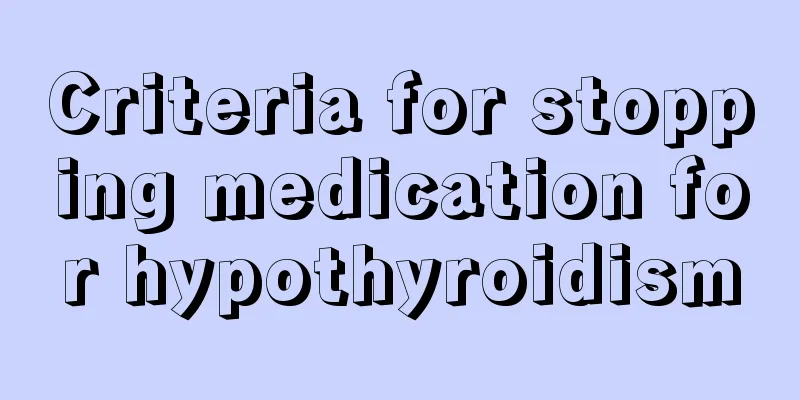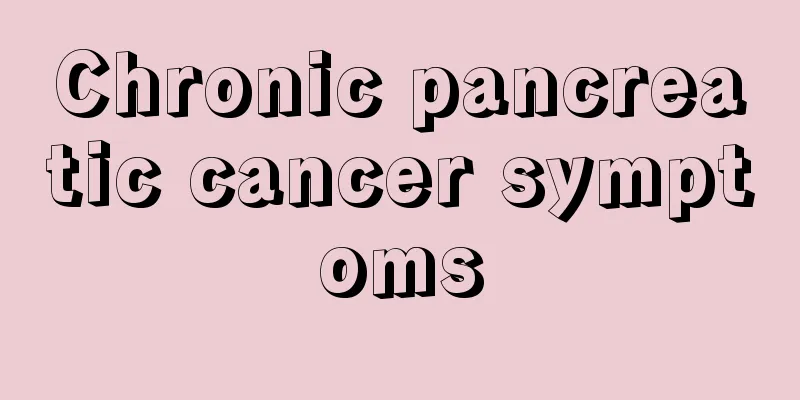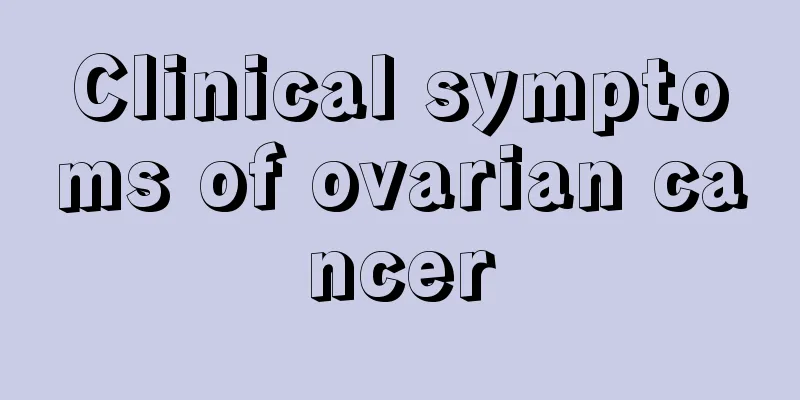Criteria for stopping medication for hypothyroidism

|
The incidence of hypothyroidism in daily life is getting higher and higher, and it is very common among all kinds of people. If the situation is not particularly serious, drug treatment will generally be chosen. However, drugs for treating hypothyroidism cannot be stopped casually, because this is not conducive to the stable control of the disease and may even induce a series of diseases. Therefore, it is necessary to understand the standards for stopping hypothyroidism. 1. Criteria for stopping medication for hypothyroidism If it is persistent hypothyroidism, continuous Euthyrox treatment is generally required. Currently, normal thyroid function is normal when taking medication. Once the medication is stopped, hypothyroidism may reoccur. It is recommended to continue to apply. 2. People often make several mistakes about hypothyroidism Myth 1: Does “subclinical hypothyroidism” belong to “hypothyroidism”? The so-called "subclinical hypothyroidism" refers to a situation where serum thyroid hormone (T4, T3, FT4, FT3) levels are normal, while thyroid stimulating hormone (TSH) is elevated. Hypothyroidism is a systemic disease caused by insufficient synthesis and physiological effects of thyroid hormones. Subclinical hypothyroidism does not belong to "hypothyroidism" because the thyroid hormone level is within the normal range. Myth 2: Does “subclinical hypothyroidism” require no treatment? "Subclinical hypothyroidism" is a transitional state between normal and hypothyroidism. If no intervention is given, approximately 5% to 15% of "subclinical hypothyroidism" will develop into "clinical hypothyroidism" each year. Whether subclinical hypothyroidism needs treatment should be determined based on individual needs and should be treated differently. It is now recognized that the following patients with subclinical hypothyroidism require treatment: ①TSH>10 mIU/L; ② Combined with goiter; ③Cholesterol increased significantly; ④Women who are preparing to become pregnant or are pregnant. However, replacement therapy is not recommended for patients with subclinical hypothyroidism and coronary heart disease. Myth 3: Can I stop taking the medicine after hypothyroidism is corrected? There are many causes of hypothyroidism, such as chronic lymphocytic thyroiditis, thyroid surgery or radiotherapy, overdose of antithyroid drugs, iodine deficiency, the hypothyroid stage of subacute thyroiditis, etc. Among them, most hypothyroidism (such as Hashimoto's thyroiditis, thyroid surgery or radiotherapy) is permanent and requires lifelong medication. Only a small number of hypothyroidism (such as subacute thyroiditis, drug-induced hypothyroidism or iodine deficiency hypothyroidism) is temporary and can be cured after treatment without the need for lifelong medication. Myth 4: Are the control standards for hypothyroidism during pregnancy the same as those for ordinary people? The normal range of serum TSH in the general population is 0.3 to 5.0 mU/L. During pregnancy, due to the influence of multiple factors, the TSH reference range is different from that of the general population. There is currently no pregnancy-specific TSH reference range, but the consensus at home and abroad is that the TSH reference range in early pregnancy (before 12 weeks of pregnancy) should be 20% to 30% lower than that of the non-pregnant population. Myth 5: Do women with hypothyroidism need to stop thyroid hormone treatment after becoming pregnant? Some women with hypothyroidism arbitrarily discontinue thyroid hormone treatment before or during pregnancy because they are worried about the impact of thyroid hormone on the fetus. This is a very wrong practice. First of all, if women with hypothyroidism who are preparing to become pregnant stop thyroid hormone treatment, it is generally difficult for them to conceive due to abnormal ovulation. Secondly, the first 12 weeks of pregnancy are a critical period for the development of the fetal brain. Before 12 weeks of pregnancy, the fetus's own thyroid gland has not yet matured, and almost all the thyroid hormone needed by the fetus comes from the mother. If the pregnant woman's hypothyroidism is not treated in time, it will lead to impaired intellectual development and growth and development disorders in the newborn. |
<<: What are the dangers of taurine?
>>: How long after test tube transplantation should I stop taking medication
Recommend
Is tattoo incense harmful to the human body
In the hot summer, along with the high temperatur...
What are the effects of grapefruit inner skin
When eating grapefruit, everyone will throw away ...
How to check immunity
Immunity is very important for the body. If the b...
How to lose weight and get chopstick legs in bed
Thick legs are a major problem that troubles many...
What causes the hard lumps on the cartilage of the earlobe?
In real life, the skin of the ear is relatively t...
What is tea leaf addiction?
We know that many people are addicted to smoking,...
Can people with polycystic kidney disease eat pineapples? What fruits can people with polycystic kidney disease eat?
Spring is the best season to eat pineapples, but ...
What does intraocular pressure mean?
If the intraocular pressure is at a normal value,...
What foods should you eat less if you have liver cancer? Suitable dietary remedies for liver cancer patients
The incidence of liver cancer is particularly hig...
What are the advantages and disadvantages of cupping?
Cupping originated in China. Today, this health-c...
The efficacy and function of thorn tea
There are so many different kinds of tea in China...
Is the healing rate of external stye surgery scar high?
External stye is a disease that seriously affects...
How to deal with children's adolescent rebellion correctly
With the continuous development of modern society...
How to develop a good voice
We live in a society with a highly developed Inte...
What to do if blisters appear after freezing of flat warts? This method is actually suitable for these patients
Flat warts are a common and highly contagious ski...









